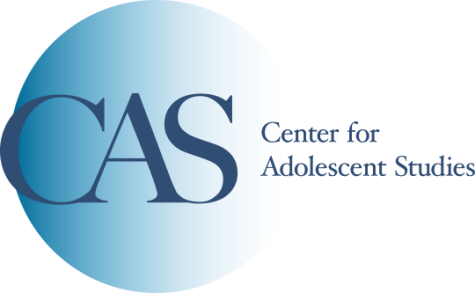Mindfulness for trauma & addiction
EnrollDefining Mindfulness
Mindfulness for Substance Use Disorder (SUD) & Trauma (Conceptual Map)
Mindfulness-Based Curriculum Example for SUD/Trauma
Relational Mindfulness for SUD/Trauma
Course Evaluation and More Training
Responses
You must be logged in to post a comment.




I am Marvell Wilson Jr. minus the emotional instabilities of my youth ; my teenage life’s ( and a large portion of my adult life’s struggle with drug addiction , and my self-destructive behaviors, to now being a plus for the deterrence of ANYONE – especially our young people- from having to undergo any similar risks.
Really enjoyed and learned so much during this course, the one that caught my attention most was the dog vs lion mind, I now feel comfortable enough to teach someone else the difference between those two.
My name is Alan Velazquez, I am working at with a housing team helping individuals find housing. I am taking this course to be able to help youth and those individuals I come across. i know this course will help me improve my communication skills and practice.
My name is Bryan and I work with various populations in a middle size city in Northern California called Chico. I work for a nonprofit that attempts to house previously unhoused individuals through a master lease program. I am taking this course so that I have a better chance at communicating with some individuals who have had a history of substance abuse and hope I am able to better relate to some of our residents.
Really loved how real and to the point this course was.
Equanimity: The quality of being calm and even-tempered; composure.
I’m glad I took this course as it has helped so much for my self knowledge.
The concept of listening with the intention of allowing the other person to empty out what’s in their heart was paradigm-shifting for me. I appreciate the tools that were presented because I can apply them in, both, my personal and professional life.
I can appreciate the example of the lion mind. These are very effective techniques . I can not wait to utilize them with the youth as well as self.
The course was very informative. I especially appreciated the training style of the Facilitator as well as the participation of the class. The visual aids and quizzes were extremely helpful to re-affirm key learning points. I would highly recommend this course for anyone working with the youth as well as those suffering from substance abuse. It is also helpful for a self assessment. Thank you
I really learned many new things and ideas with this course. Thank you for all you do.